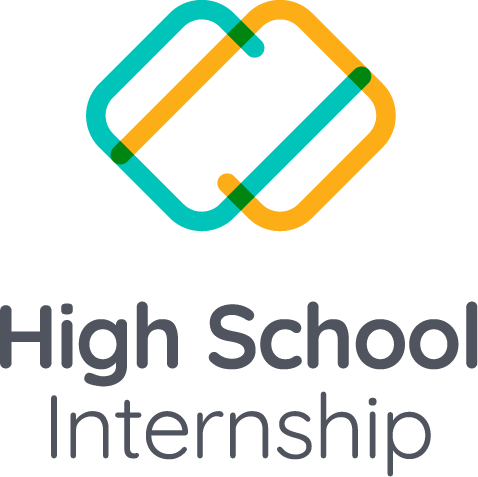What do we mean by the term “student agency”? As students gain knowledge and skills in any subject, we think that students should have the freedom and flexibility to explore that knowledge in ways suitable to them and demonstrate their understanding of that knowledge in self-motivated ways. Ultimately it’s about a personalized approach to learning where students have a say in their learning and assessment. This does not mean that students should do what they want, but they should be guided by educators and facilitators toward learning critical and necessary skills/subjects/lessons.
One way to help students increase agency is to provide “voice and choice” for how students conduct their work and demonstrate their understanding. For example, imagine a social studies teacher teaching a unit on Ancient Civilizations, such as the Greeks and Romans, and has required that students learn how ancient civilizations responded to changes in the availability of resources.
To provide maximum agency, the teacher would give various learning resources such as books, videos, lectures, models, museum visits, etc. Then students would be free to choose how to share their learning, such as making dioramas, writing blogs, or 3D printing models. This is in contrast to traditional approaches where every student reads from textbooks and essays and then is assessed on a multiple-choice test. Which option would you prefer?
At BSD Education, we have helped teachers from every subject area increase student agency by providing digital projects that allow students to showcase their skills and display their learning. For example, imagine the above Social Studies scenario again and this time, imagine that a student wants to highlight a series of events that happened over time.
Our timeline project is perfect for that! Check out this related example. Along the way, students are learning how to build websites with HTML, CSS, and JavaScript, the programming languages that run every website on the internet!
Our goal with increasing student agency isn’t just to help students learn valuable digital skills like programming with HTML, CSS, and JavaScript. It’s also showing digital skills help share ideas, create something, or display what you know or care about as an educator.
If you are a teacher and don’t know how to program in HTML, CSS, and JavaScript, don’t worry! Our guided projects樂威壯
help students through a scaffolded approach where we slowly introduce coding steps and focus on the project’s content instead of the technical aspects. If students are interested in learning the technical aspects, we have projects for that too, because we believe in student agency!
To learn more about this, tune into our upcoming webinar on the topic. If you are reading this article after the date of the webinar, no problem! You can find all previously recorded webinars here on our website.

